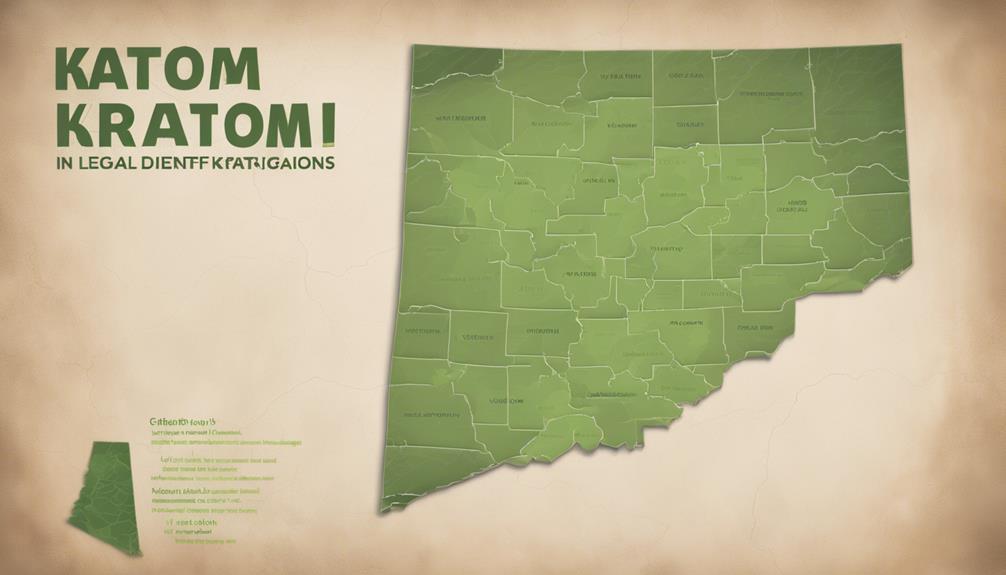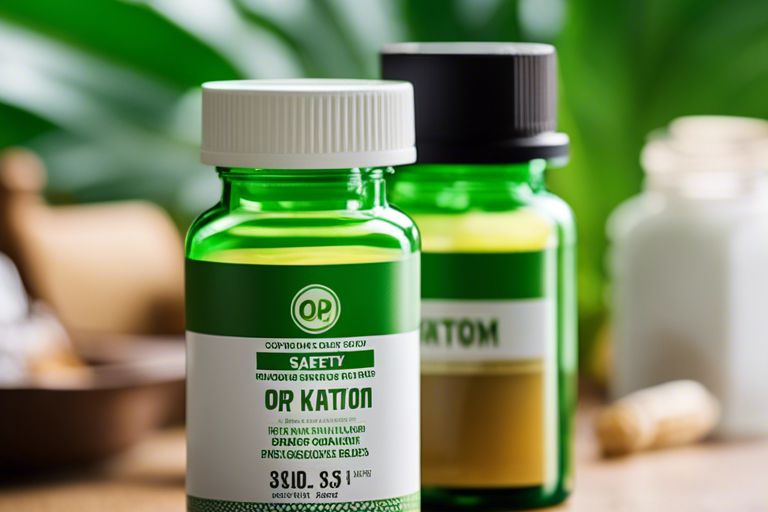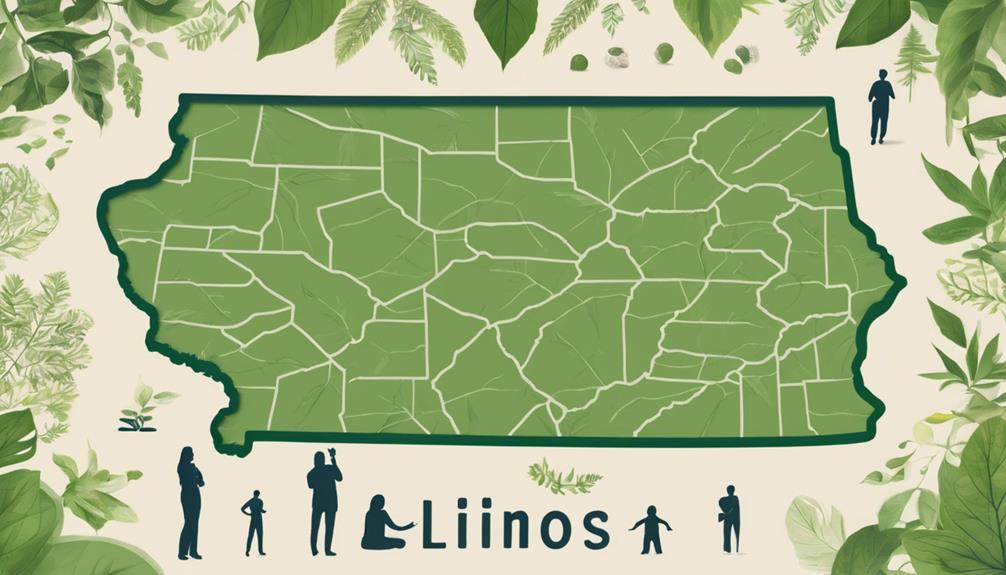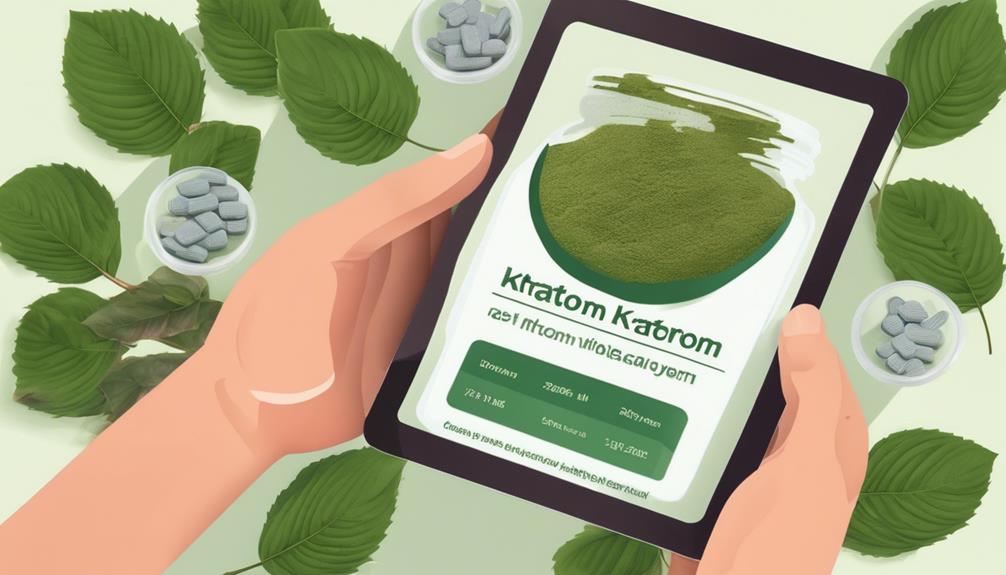Deprecated: mb_convert_encoding(): Handling HTML entities via mbstring is deprecated; use htmlspecialchars, htmlentities, or mb_encode_numericentity/mb_decode_numericentity instead in /home/users/kratomfiles/www/kratomfiles.com/wp-content/plugins/quick-adsense-reloaded/includes/template-functions.php on line 3552
Kratom, also known as Mitragyna speciosa, is a tropical evergreen tree in the coffee family native to Southeast Asia. The leaves of the kratom tree have been used for centuries in traditional medicine to alleviate pain, boost energy, and improve mood. Kratom contains active compounds called alkaloids, with the most prominent being mitragynine and 7-hydroxymitragynine, which interact with opioid receptors in the brain to produce a range of effects. In low doses, kratom acts as a stimulant, while in higher doses, it can have sedative and analgesic effects.
Kratom is typically consumed by chewing the leaves, brewing them into a tea, or grinding them into a powder that can be mixed with water or other liquids. In recent years, kratom has gained popularity in the United States as an herbal supplement for managing chronic pain, anxiety, depression, and opioid withdrawal symptoms. However, its use has also sparked controversy due to concerns about its safety and potential for abuse and addiction. As a result, the legal status of kratom has been a subject of debate and regulation in many states, including Utah.
Key Takeaways
- Kratom is a tropical tree native to Southeast Asia, and its leaves have been traditionally used for medicinal and recreational purposes.
- Kratom is currently legal in Utah, but there are ongoing discussions about potential regulations and restrictions.
- Proposed legislation in Utah aims to regulate the sale and distribution of kratom, including age restrictions and labeling requirements.
- Public perception of kratom is divided, with some advocating for its potential health benefits and others expressing concerns about its addictive properties and potential for abuse.
- Kratom use may have potential health benefits, such as pain relief and mood enhancement, but it also carries risks of addiction, dependence, and adverse effects on mental and physical health.
- Advocacy groups support kratom legalization for its potential therapeutic uses, while opponents argue for stricter regulations and even a ban on its sale and use.
- Individuals using kratom can find resources and support through online communities, advocacy organizations, and healthcare professionals.
Current Legal Status of Kratom in Utah
As of 2021, kratom is legal to purchase and possess in the state of Utah. There are no restrictions on the sale or distribution of kratom products, and it is widely available in various forms, including capsules, powders, and extracts, at retail stores and online vendors throughout the state. However, the legality of kratom in Utah has not always been clear-cut. In 2019, there was a proposed bill that sought to criminalize kratom and classify it as a Schedule I controlled substance, citing concerns about its potential for abuse and adverse health effects.
The proposed legislation sparked a backlash from kratom advocates and consumers who argued that the plant has legitimate medicinal uses and should not be banned outright. Ultimately, the bill did not pass, and kratom remained legal in Utah. However, the debate over kratom regulation continues to be a contentious issue, with ongoing efforts to monitor its use and establish guidelines for quality control and consumer safety. As such, the legal status of kratom in Utah may be subject to change in the future as lawmakers and public health officials grapple with the complexities of regulating this herbal supplement.
Proposed Legislation and Regulations
In response to concerns about the safety and potential risks of kratom use, there have been ongoing efforts to introduce legislation and regulations to govern its sale and distribution in Utah. Some proposed measures have included age restrictions for purchasing kratom products, labeling requirements to inform consumers about potential risks and proper usage, and quality control standards to ensure the purity and potency of kratom supplements. Additionally, there have been discussions about establishing a registration or licensing system for kratom vendors to monitor their operations and hold them accountable for adhering to safety protocols.
Advocates for kratom regulation argue that these measures are necessary to protect consumers from adulterated or contaminated products and to prevent misuse and abuse of kratom. On the other hand, opponents of strict regulations contend that kratom is a natural botanical substance with a long history of traditional use and should not be overly restricted or stigmatized. They emphasize the importance of preserving access to kratom for individuals who rely on it for managing chronic pain, mental health conditions, and opioid addiction. As such, finding a balance between ensuring public safety and safeguarding access to kratom remains a complex challenge for policymakers in Utah.
Public Perception and Controversy Surrounding Kratom
| Aspect | Metrics |
|---|---|
| Public Perception | Misunderstanding and misinformation |
| Controversy | Legal status in different countries |
| Media Coverage | Positive and negative stories |
| Research | Scientific studies and findings |
The public perception of kratom is deeply divided, reflecting the ongoing controversy surrounding its use and regulation. On one hand, proponents of kratom tout its potential as a safer alternative to prescription opioids for pain management and opioid withdrawal. They argue that kratom offers natural relief without the risk of respiratory depression or fatal overdose associated with conventional opioids. Additionally, some users report positive experiences with using kratom to alleviate symptoms of anxiety, depression, and PTSD, leading to a growing community of advocates who champion its potential health benefits.
On the other hand, critics of kratom raise concerns about its safety and efficacy, pointing to reports of adverse effects such as nausea, dizziness, seizures, and even fatalities associated with kratom use. They also highlight the lack of standardized dosing guidelines and quality control for kratom products, which can pose risks for consumers who may unknowingly ingest contaminated or adulterated substances. Furthermore, there are fears that kratom could be a gateway to opioid abuse or serve as a substitute for illicit drugs, leading to addiction and dependence among vulnerable populations.
The controversy surrounding kratom has also been fueled by conflicting research findings on its pharmacological properties and long-term effects. While some studies suggest that kratom may have therapeutic potential for pain management and mood disorders, others raise red flags about its addictive properties and potential for adverse health outcomes. As a result, public opinion on kratom remains polarized, with ongoing debates about its risks and benefits shaping the discourse on its legal status and accessibility in Utah.
Potential Health Benefits and Risks of Kratom Use
The potential health benefits and risks of kratom use have been a subject of scientific inquiry and public scrutiny. Proponents of kratom point to its analgesic properties as a natural pain reliever that can offer relief for individuals with chronic pain conditions without the risk of respiratory depression associated with opioid medications. Additionally, some users report improvements in mood, energy levels, and cognitive function when using kratom, leading to its appeal as an herbal supplement for enhancing well-being and productivity.
However, concerns about the safety and potential risks of kratom use have also been raised by healthcare professionals and regulatory agencies. The U.S. Food and Drug Administration (FDA) has issued warnings about the potential for contamination and adulteration of kratom products with harmful substances such as heavy metals, salmonella, or other drugs. Furthermore, there have been reports of adverse effects associated with kratom use, including liver toxicity, seizures, respiratory depression, and even deaths in some cases. These findings have prompted calls for caution and further research into the safety profile of kratom.
In light of these conflicting perspectives on kratom’s effects on health, there is a need for rigorous scientific investigation to better understand its pharmacological properties, potential therapeutic uses, and safety considerations. Research studies on kratom are ongoing to elucidate its mechanisms of action, pharmacokinetics, and long-term effects on physical and mental health. By gaining a deeper understanding of the potential benefits and risks of kratom use, healthcare providers can make informed decisions about its role in patient care while policymakers can develop evidence-based regulations to ensure consumer safety.
Is It Legal to Possess Kratom in Utah?
The kratom legality in Illinois is a hotly debated topic, but in Utah, the possession of kratom is currently legal. However, there have been attempts to ban this herbal supplement in the state, so it’s important to stay informed about any changes in the law.
Advocacy and Opposition to Kratom Legalization

The advocacy for and opposition to kratom legalization reflect the diverse perspectives on its potential benefits and risks among various stakeholders. Advocates for kratom legalization emphasize the importance of preserving access to this natural remedy for individuals who rely on it for managing chronic pain conditions, mental health disorders, and opioid addiction. They argue that banning or overly restricting kratom could deprive patients of a valuable treatment option and drive them towards more harmful alternatives such as prescription opioids or illicit drugs.
Furthermore, advocates highlight the cultural significance of kratom in traditional medicine practices in Southeast Asia and its potential as a harm reduction tool for addressing the opioid crisis in the United States. They call for responsible regulation that ensures quality control standards for kratom products while safeguarding consumer access through age restrictions and labeling requirements. Additionally, they advocate for further research into the therapeutic potential of kratom to inform evidence-based policies that balance public health concerns with individual autonomy.
On the other hand, opponents of kratom legalization express concerns about its safety and potential for abuse, citing reports of adverse effects and fatalities associated with its use. They argue that the lack of standardized dosing guidelines and quality control for kratom products poses risks for consumers who may unknowingly ingest contaminated or adulterated substances. Furthermore, they caution against normalizing the use of unregulated herbal supplements without sufficient evidence of their safety and efficacy.
The debate over kratom legalization also intersects with broader discussions about drug policy, public health interventions, and individual rights. Finding common ground between these competing perspectives will require open dialogue, collaboration between stakeholders, and evidence-based decision-making to address the complex issues surrounding kratom use in Utah.
Resources and Support for Individuals Using Kratom
For individuals using kratom in Utah, access to reliable information and support services is essential for making informed decisions about their health and well-being. Given the lack of standardized dosing guidelines and quality control for kratom products, it is important for consumers to educate themselves about safe usage practices and potential risks associated with kratom use. Resources such as reputable websites, educational materials from public health agencies, and guidance from healthcare providers can help individuals navigate their use of kratom responsibly.
Additionally, support networks and advocacy organizations play a crucial role in providing assistance to individuals using kratom by offering peer support, harm reduction strategies, and access to evidence-based information about its effects on health. These resources can help individuals make informed choices about their kratom use while promoting harm reduction practices to minimize potential risks. Furthermore, advocacy organizations can serve as a platform for amplifying the voices of individuals who benefit from using kratom as part of their wellness regimen or treatment plan.
In conclusion, the legal status of kratom in Utah reflects ongoing debates about its potential benefits and risks as an herbal supplement. The diverse perspectives on kratom’s role in healthcare underscore the need for evidence-based policies that balance consumer access with public health considerations. By fostering open dialogue among stakeholders, conducting rigorous research on its pharmacological properties, and providing resources for informed decision-making, Utah can navigate the complexities of regulating kratom effectively while supporting individuals who use it as part of their wellness practices.
There is a lot of debate surrounding the legality of kratom in Utah. According to a recent article on Kratom Files, the state has been considering banning the substance due to concerns about its potential for abuse and addiction. This has sparked a conversation about the benefits and risks of kratom, with some arguing that it can be a helpful tool for managing pain and anxiety, while others worry about its potential for harm. As the debate continues, it’s important for individuals to stay informed about the latest developments in kratom regulation in Utah.










